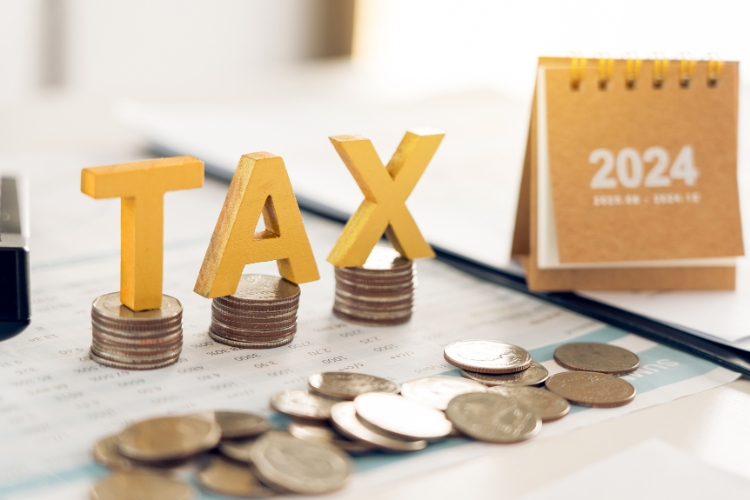In Pakistan, freelancers and self-employed individuals are required to pay taxes on their income. In this article, we will discuss the taxation system for freelancers and self-employed individuals in Pakistan in detail.
Definition of Freelancers and Self-Employed Individuals:
Freelancers are individuals who work for themselves and offer their services to clients on a project basis. They are not tied to any specific employer or company, and they work independently. Examples of freelancers include graphic designers, writers, programmers, and consultants.
Self-employed individuals, on the other hand, are individuals who work for themselves and have their own business. They are responsible for generating their own income and managing their own finances. Examples of self-employed individuals include small business owners, entrepreneurs, and consultants.
Taxation of Freelancers and Self-Employed Individuals:
In Pakistan, freelancers and self-employed individuals are required to pay taxes on their income. The tax rate varies depending on the income level and the type of income. The tax system in Pakistan is governed by the Federal Board of Revenue (FBR).
The taxation process for freelancers and self-employed individuals in Pakistan is as follows:
Registration for National Tax Number (NTN):
The first step for freelancers and self-employed individuals is to register for a National Tax Number (NTN). An NTN is a unique identification number that is assigned to every taxpayer in Pakistan. It is required for all tax-related transactions.
Declaration of Income:
Freelancers and self-employed individuals are required to declare their income on an annual basis. This can be done by filing a tax return with the FBR. The tax return should include all income earned during the fiscal year, including income from all sources such as freelance work, business income, and rental income.
Calculation of Tax:
Once the income has been declared, the tax is calculated based on the tax rate applicable to the income level. The tax rate varies depending on the income level and the type of income. For example, if the income is less than PKR 1,200,000, then the tax rate is 0%. If the income is between PKR 1,200,001 to PKR 2,400,000, then the tax rate is 5%. If the income is between PKR 2,400,001 to PKR 4,800,000, then the tax rate is 10%. If the income is between PKR 4,800,001 to PKR 7,200,000, then the tax rate is 15%. If the income is between PKR 7,200,001 to PKR 9,600,000, then the tax rate is 20%. If the income is between PKR 9,600,001 to PKR 12,000,000, then the tax rate is 25%. If the income is more than PKR 12,000,000, then the tax rate is 30%.
Payment of Tax:
Once the tax has been calculated, it must be paid to the government. This can be done through a variety of methods, such as online banking, ATM transfer, or physical payment at a designated bank branch.
Late Filing and Penalties:
If a freelancer or self-employed individual fails to file their tax return on time, they may be subject to penalties and fines. The penalty for late filing is 5% of the tax due or PKR 1,000, whichever is higher. If the tax return is not filed within six months of the due date, an additional penalty of 5% of the tax due or PKR 1,000, whichever is higher, will be levied.
Conclusion:
In Pakistan, freelancers and self-employed individuals are required to pay taxes on their income. They must register for a National Tax Number (NTN), declare their income on an annual basis, calculate the tax owed, and pay the tax to the government. The tax rate varies depending on the income level and type of income. Late filing of tax returns may result in penalties and fines.
It is important for freelancers and self-employed individuals in Pakistan to understand the tax system and fulfill their tax obligations. Failure to do so may result in legal consequences and financial penalties. By complying with the tax laws, freelancers and self-employed individuals can contribute to the country’s development and growth.
In addition to paying taxes, freelancers and self-employed individuals should also keep accurate records of their income and expenses. This will help them file their tax returns accurately and avoid any errors or discrepancies. They should also consult with a tax professional or accountant if they have any questions or concerns about their tax obligations.
In conclusion, taxation of freelancers and self-employed individuals in Pakistan is a necessary requirement for the country’s economic development. By following the proper procedures and fulfilling their tax obligations, freelancers and self-employed individuals can contribute to the growth and prosperity of Pakistan.




